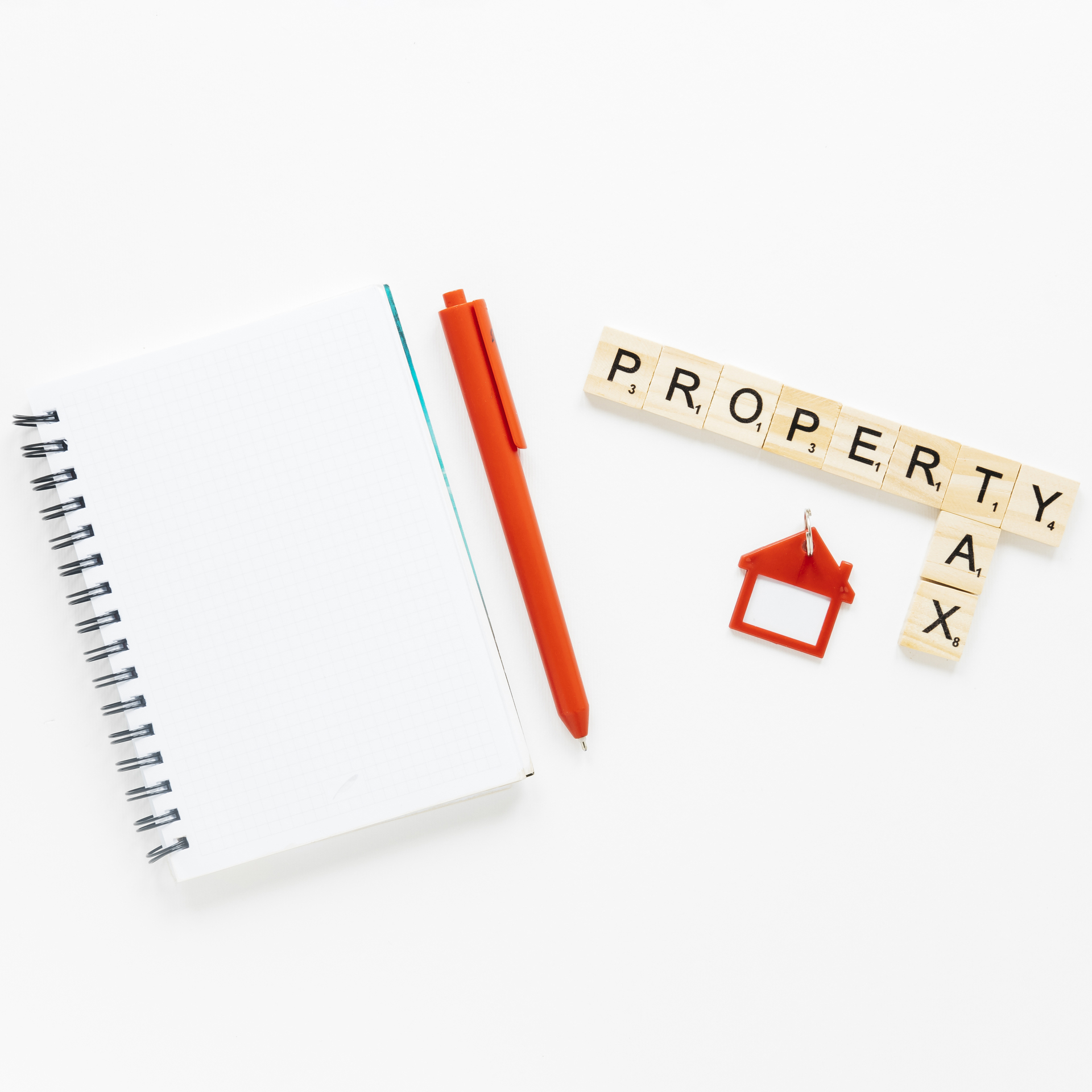For LGBTQ+ individuals and couples, homeownership is more than just a financial investment—it’s a declaration of stability, identity, and pride. However, navigating the complexities of property taxes can be daunting, especially considering the unique challenges faced by the LGBTQ+ community. This guide aims to demystify property taxes, offering insights tailored to LGBTQ+ homeowners, with valuable resources from GayRealEstate.com.
What Are Property Taxes?
Property taxes are annual or semiannual charges levied by local governments on real estate owners. These taxes are based on the assessed value of your property and are a primary source of funding for essential community services, including:Investopedia
- Public schools
- Police and fire departments
- Road maintenance
- Libraries and parksSDTTC+2Kiplinger+2Investopedia+2Investopedia
Understanding how these taxes are calculated and what they fund can empower homeowners to make informed decisions about their property investments.
How Are Property Taxes Calculated?
The amount you owe in property taxes is determined by two main factors:Tax Policy Center+2Rate+2Fidelity+2
- Assessed Value of Your Property: Local tax assessors evaluate your property’s market value, considering factors like location, size, and condition.
- Local Tax Rate: This rate, often expressed as a percentage or millage rate, is set by your local government and can vary significantly by jurisdiction.JJ Team Homes+5Rate+5Investopedia+5
Example Calculation:
- Assessed Property Value: $300,000
- Local Tax Rate: 1.2%
- Annual Property Tax: $300,000 x 0.012 = $3,600California State Board of Equalization+9Quicken Loans+9Investopedia+9
It’s important to note that property tax rates and assessment methods can differ widely across states and municipalities.
Unique Considerations for LGBTQ+ Homeowners
While property taxes apply uniformly, LGBTQ+ homeowners may encounter specific challenges:
- Discrimination: Despite legal protections, some LGBTQ+ individuals may face bias during property assessments or appeals.
- Joint Ownership: Couples should ensure both names are on property titles to avoid complications in tax responsibilities and inheritance.
- Estate Planning: Proper legal documentation is crucial to ensure property is passed on according to your wishes, especially in states without robust protections for LGBTQ+ partners.
Resources like GayRealEstate.com can connect you with LGBTQ+-friendly real estate professionals who understand these nuances.
Exemptions and Relief Programs
Many jurisdictions offer property tax exemptions or relief programs that can benefit LGBTQ+ homeowners:Kiplinger+1Tax Policy Center+1
- Homestead Exemptions: Reduce the taxable value of your primary residence.
- Senior and Disability Exemptions: Provide tax relief for older adults and individuals with disabilities.
- Veteran Exemptions: Offer reductions for military veterans.
Eligibility and application processes vary by location, so it’s advisable to consult your local tax assessor’s office or a knowledgeable real estate agent.
Tips for Managing Property Taxes
- Stay Informed: Regularly review your property tax assessments for accuracy.
- Appeal If Necessary: If you believe your property’s assessed value is too high, you have the right to appeal.
- Plan for Increases: Budget for potential tax increases, especially if property values in your area are rising.
- Seek Professional Advice: Consult with real estate professionals who are experienced in working with LGBTQ+ clients to navigate tax implications effectively.
Understanding property taxes is a crucial aspect of homeownership. For LGBTQ+ individuals and couples, being informed and proactive can help mitigate challenges and ensure financial stability. Leveraging resources like GayRealEstate.com can provide access to supportive professionals who are attuned to the unique needs of the LGBTQ+ community.
Empower yourself with knowledge, seek out inclusive support systems, and take pride in your homeownership journey.



